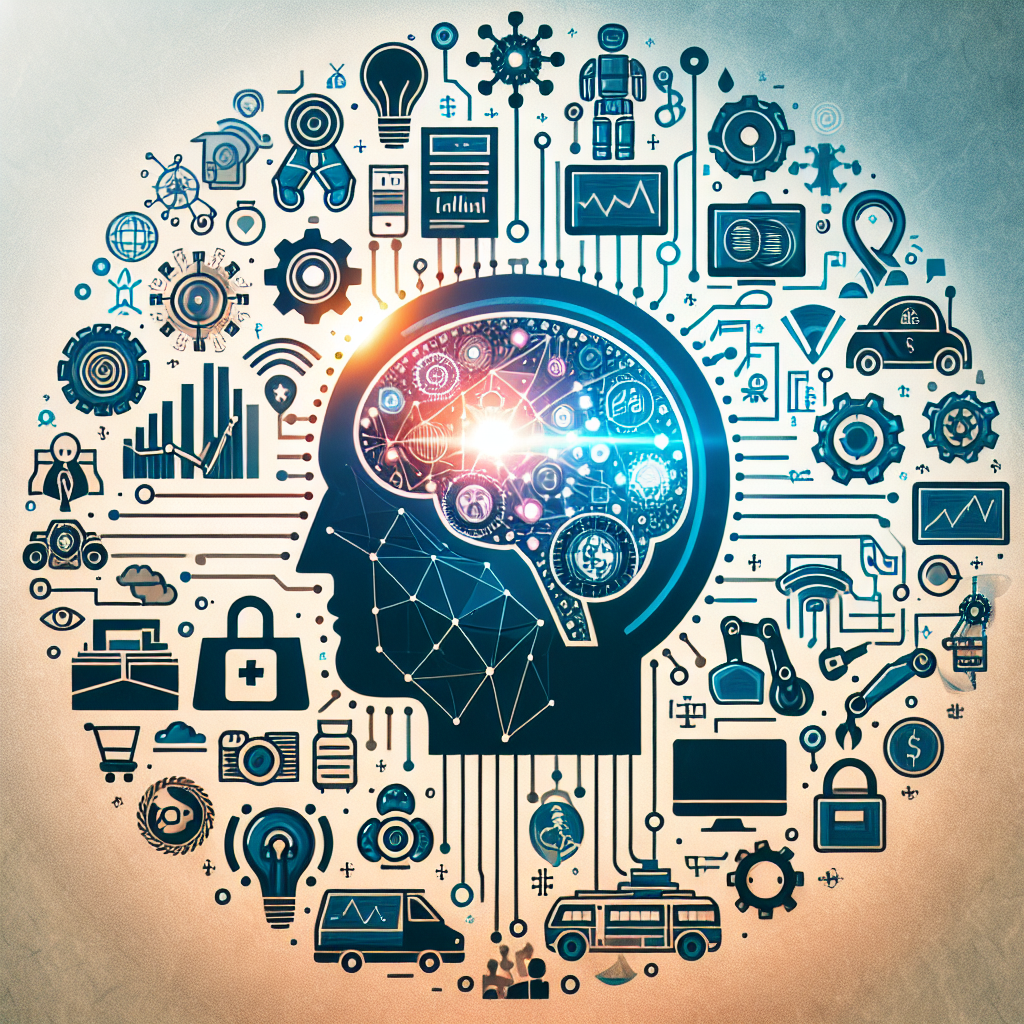Artificial General Intelligence (AGI) is a term that has been gaining more and more attention in recent years. Unlike Artificial Narrow Intelligence (ANI), which is designed for specific tasks or functions, AGI is designed to have the ability to understand and learn any intellectual task that a human being can. This has the potential to completely revolutionize industries across the board, from healthcare to finance to transportation.
AGI has the ability to process vast amounts of data, learn from it, and make decisions based on that data. This can lead to more efficient processes, better decision-making, and ultimately, higher productivity. In this article, we will explore how AGI is set to be a game-changer for industries everywhere.
Healthcare
One of the industries that stands to benefit the most from AGI is healthcare. AGI has the potential to revolutionize the way medical diagnoses are made, treatments are developed, and patient care is delivered. With the ability to process vast amounts of medical data, AGI can help identify patterns and trends that human doctors may miss. This can lead to earlier diagnoses, more personalized treatment plans, and ultimately, better outcomes for patients.
Finance
In the finance industry, AGI has the potential to streamline processes, reduce costs, and improve decision-making. AGI can be used to analyze financial data, predict market trends, and identify investment opportunities. This can help financial institutions make more informed decisions and ultimately, improve their bottom line.
Transportation
In the transportation industry, AGI can revolutionize the way we travel. From self-driving cars to drones for delivery, AGI has the potential to completely transform the way we get from point A to point B. With the ability to process vast amounts of data in real-time, AGI can help vehicles navigate traffic, avoid accidents, and optimize routes for efficiency.
Manufacturing
In the manufacturing industry, AGI can help streamline production processes, reduce waste, and improve quality control. AGI can be used to analyze data from sensors on the factory floor, optimize production schedules, and identify areas for improvement. This can help manufacturers increase productivity, reduce costs, and ultimately, improve their competitive edge.
Retail
In the retail industry, AGI can help improve customer experiences, optimize inventory management, and personalize marketing campaigns. AGI can analyze data from online and offline sources to identify trends in consumer behavior, predict purchasing patterns, and recommend products to individual customers. This can help retailers drive sales, increase customer loyalty, and stay ahead of the competition.
FAQs
Q: What is the difference between AGI and ANI?
A: AGI is designed to have the ability to understand and learn any intellectual task that a human being can, while ANI is designed for specific tasks or functions.
Q: How is AGI different from Artificial Super Intelligence (ASI)?
A: AGI is designed to have the ability to understand and learn any intellectual task that a human being can, while ASI is a hypothetical AI that surpasses human intelligence in every way.
Q: What are some potential risks of AGI?
A: Some potential risks of AGI include job displacement, ethical concerns, and the possibility of AGI surpassing human intelligence.
In conclusion, AGI has the potential to be a game-changer for industries everywhere. By harnessing the power of AGI, businesses can streamline processes, reduce costs, and improve decision-making. While there are still challenges to overcome, the potential benefits of AGI are vast and could revolutionize the way we live and work.

